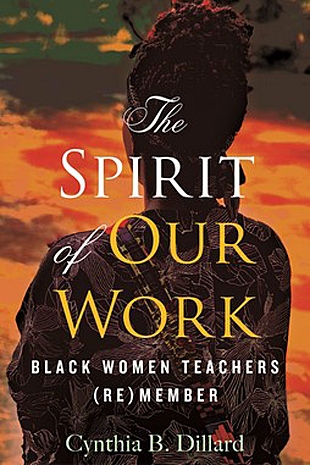“The meaning of community and spirituality and their relation to school was under constant and continuous (re)vision in Ghana. We could see how profound it was to fundamentally ground education in humanizing ways and place that are at the center of teaching, learning, and living for Ghanaian children. And the focus on children’s inherent competence, the value of love and collective caretaking and the natural centering of culturally relevant and sustained teaching was what awaited children in classrooms in Ghana. And their parents and their community were always present. It was all love in the village.
“The way that life in Ghana is structured around village and community was not new to us as Black American women. Many of us had grown up in tight family and extended family circles that were our villages, particularly those who had grown up in rural settings in the US. But there was something about seeing the freedom of Black children and families in the context of the village community that was a sight to behold. I will try to paint a portrait of what school in a village community in Ghana looks like, using my own Cynthia B. Dillard International School as an example. It is truly a labor of love familiar to me and to the Black women teachers who have visited this school over the years through our study abroad program.
“Our school is located in the village of Mpeasem, in the Central Region of Ghana, to the west of the historic town of Elmina. What you see when you enter the grounds of our school is the spirit of Black children who feel full of themselves, whose spirits have never been separated from the cultural ways of being for Black people. Children who can call generations of their ancestors while standing on the land of the birth of those ancestors and their own. Children who have language that connects and embodies the meanings they wish to convey to the ancestors and to others, that flows like water from them.”
